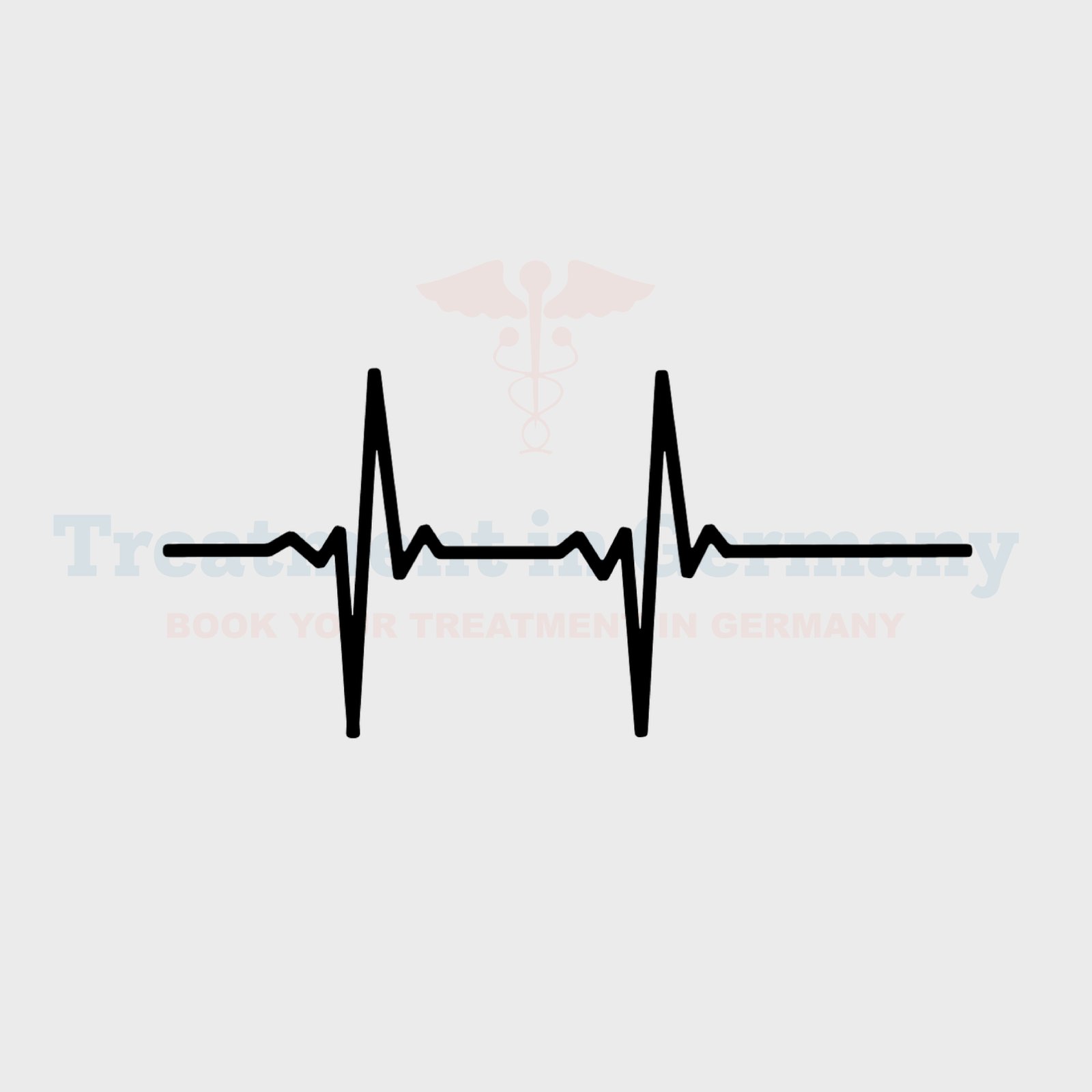Arrhythmias such as ventricular tachycardia and supraventricular tachycardia are common heart rhythm disorders that can cause significant health issues. These conditions occur when the heart beats irregularly, too fast, or too slow, affecting blood flow and overall heart function. Managing these arrhythmias effectively is crucial for improving patient outcomes and quality of life.
The atria produce early heartbeats known as premature atrial contractions (PACs), which throw off the heart's regular rhythm. These extra beats often cause a fluttering sensation or a feeling of a skipped heartbeat. Although PACs are generally harmless, they can sometimes indicate underlying heart problems or trigger more severe arrhythmias.
Common causes include stress, caffeine intake, and certain medications, highlighting the need for lifestyle adjustments to manage symptoms.
Symptoms and Causes of Arrhythmias
Arrhythmias present with various symptoms, such as palpitations, dizziness, and chest discomfort. These conditions often result from abnormal cells within the heart’s electrical pathways, leading to irregular heartbeats.
Additional factors like high blood pressure, congenital heart defects, and lifestyle habits such as smoking or excessive alcohol consumption can further increase the risk of developing arrhythmias.
Diagnosis and Tests for Heart Rhythm Disorders
Diagnosing arrhythmias involves several tests, with the electrocardiogram (ECG) being the primary tool used to measure the heart's electrical activity. An ECG can detect irregular heart rhythms and help identify the specific type of arrhythmia affecting the patient.
Other diagnostic tools include Holter monitors, which record heart activity over a period, and event monitors for episodic arrhythmia detection.
Management and Treatment Options in Germany
Effective management of arrhythmias aims to control symptoms and prevent complications. SVT treatment includes lifestyle changes, medications, and advanced therapies such as catheter ablation, which targets and destroys the abnormal pathways causing the arrhythmia.
For severe cases, implanted devices like pacemakers or defibrillators may be required to regulate heart rhythms and prevent life-threatening events.
Understanding SVT Symptoms and Risk Factors
Symptoms of supraventricular tachycardia (SVT) often include a rapid heartbeat, lightheadedness, and, in some cases, fainting. Episodes can be triggered by stress, caffeine, or vigorous physical activity. Certain groups, such as patients with SVT, have a higher risk due to factors like family history or congenital heart conditions, making early recognition and management critical.
Innovative Treatments for Supraventricular Tachycardia
Recent advancements in SVT treatment in Germany have introduced minimally invasive options such as catheter ablation, which offers a high success rate in correcting abnormal heart rhythms. These treatments, available in countries like Germany, are particularly beneficial for patients who do not respond well to medication alone, offering new hope for managing complex arrhythmias with fewer side effects.
Innovative Approaches to Arrhythmia Management in Germany
Recent advancements in medical technology in Germany have led to innovative approaches for managing arrhythmias. These new methods focus on precision treatments that target the root cause of irregular heart rhythms, offering patients improved outcomes with fewer side effects.
Innovations such as catheter ablation, 3D mapping systems, and advanced medications are transforming the landscape of arrhythmia care, providing hope for those who may not respond well to traditional therapies. Countries like Germany are at the forefront of these developments, continually pushing the boundaries of what’s possible in heart rhythm management.
Techniques to Manage SVT: Vagal Maneuvers
One of the non-invasive techniques used to control SVT episodes is the Valsalva maneuver, which involves exhaling forcefully against a closed airway to reset the heart’s rhythm. Another technique, known as the carotid artery massage, stimulates the vagus nerve to slow the heart rate.
These vagal maneuvers can be highly effective in acute settings but should be performed under medical supervision to avoid potential complications.
Side Effects and Considerations in Arrhythmia Treatments
While treatments for arrhythmias, such as medications or surgical procedures, are generally safe, they can have side effects. Some drugs may cause dizziness, fatigue, or low blood pressure, while more invasive treatments carry risks like bleeding or infection.
Understanding the possible side effects is crucial for patients with SVT or other arrhythmias, allowing them to make informed decisions about their care.
👉 Contact us for further information and receive a complimentary consultation.


.webp)
 (1).webp)

.webp)
 (1).webp)


.webp)
 (1).webp)

.webp)
 (1).webp)
